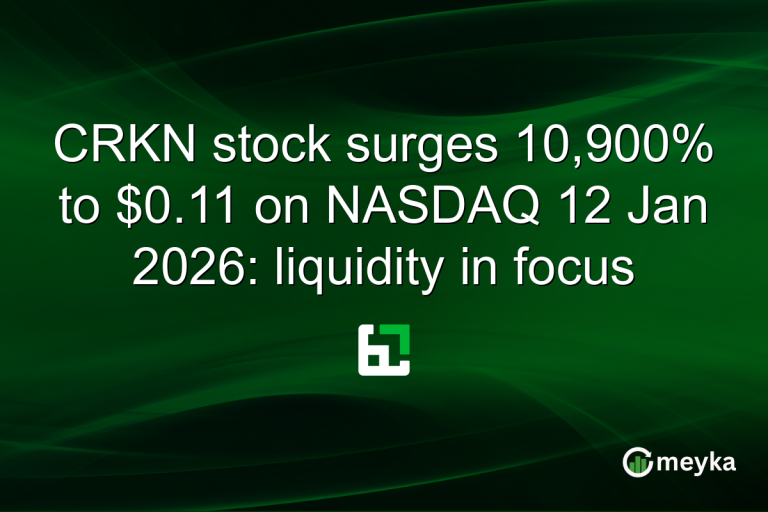Why Amazon Stock Is Struggling Amid Fierce Cloud Market Battle
Amazon’s flagship cloud unit, AWS, is under pressure. That pressure is bleeding into the broader Amazon Stock story. Investors are rewarding companies tied to AI and cloud growth, and punishing those that look vulnerable. Amazon’s retail strength is steady, but concerns about cloud share, margins, and growth have weighed on the stock.
Continue Reading on Meyka
This article is available in full on our main platform. Get access to complete analysis, stock insights, and more.
Read Full Article →





